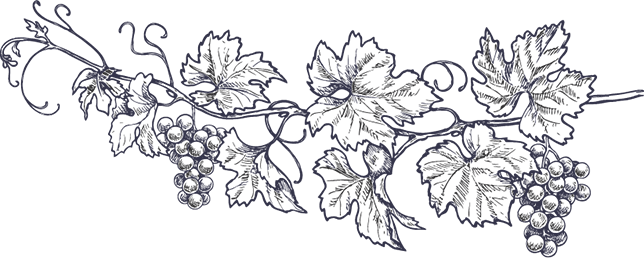[Workshop] Les procédés au service de la chimie durable
The Division of Sustainable Chemistry is organizing the 2nd Sustainable Chemistry Days in Reims on September 29 & 30, 2022.
This event aims to bring together academic and industrial scientists from different sectors, all concerned by the development of a more sustainable chemistry.
The ambition is that these days become a place of exchange and recurrent dissemination of current developments and innovations in sustainable chemistry both in public laboratories and in industry. This second edition will focus on the development of clean and sustainable processes, a strategic issue including aspects related to chemical transformation, fractionation and the essential contribution of analytical sciences and/or chemo-informatics. This expected evolution is made more urgent by societal demand as well as by future regulatory constraints on substances with health and environmental risks. Thus, the challenges of sustainable chemistry are at the heart of the concerns of the academic and industrial sectors. On September 29, a visit of the Pomacle-Bazancourt biorefinery site will be offered, upon reservation, the scientific day itself taking place on September 30.
PhD and post-doctoral students are invited to participate through posters and/or oral communications, with the opportunity to enrich their academic and industrial network and to better understand the range of positions in this growing field. Each of the four sessions will start with a plenary lecture.
Program
The AgriWasteValue project will be highlighted during this event through a workshop on September 30, organized by URCA and AgroParisTech, partners of the event.
More information to come.
Find the program of the event on : https://jcd2022.sciencesconf.org/program
Practical information
- Dates : September 29th and 30th, 2022
- Place: URCA - Campus Croix Rouge, Building 9, Amphitheatre 8, 57 bis rue Pierre Taittinger, 51 100 Reims, France
- More information and registration

An event organized in the framework of the Interreg NWE project AgriWasteValue and with the support of the ERDF and Wallonia.

